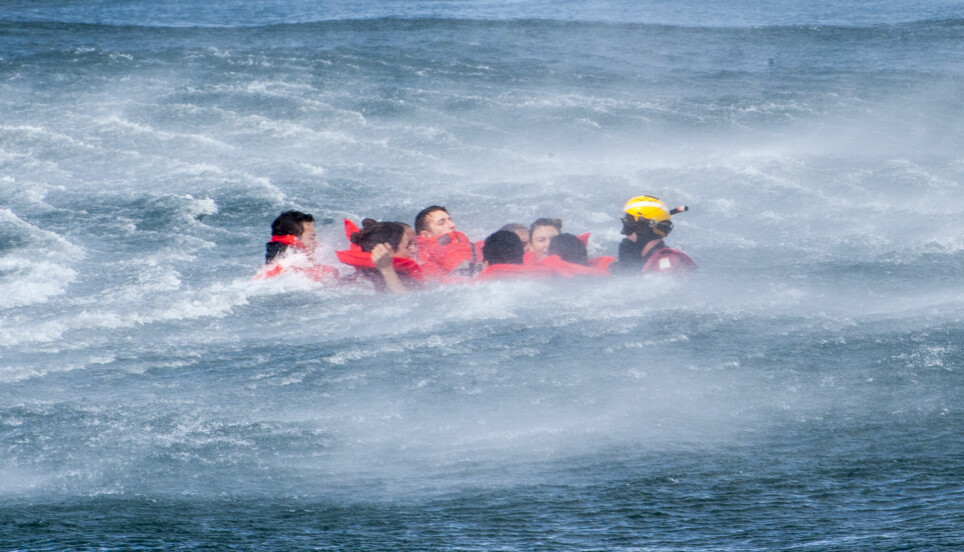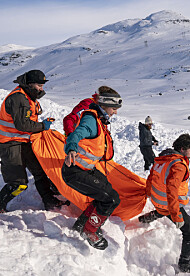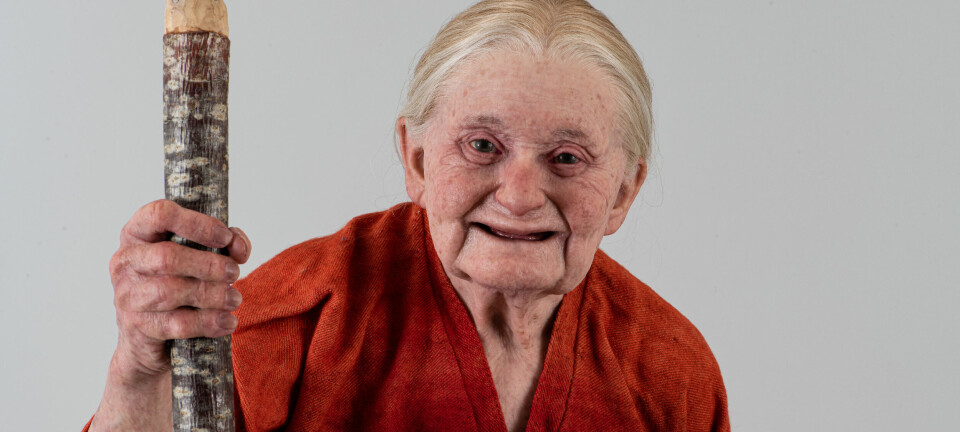Share your science:

No one is dead until warm and dead
SHARE YOUR SCIENCE: Once your core temperature drops towards 30°C, your heart could stop beating – and by then it's usually game over.
Accidental hypothermia, where your core body temperature falls below 35 degrees Celsius, could be the consequence of falling into a river, the sea or a Norwegian lake. Such accidents happen both during leisure activities and to people in exposed occupations such as fishing.
It takes around 15 minutes to become unconscious in freezing cold water. Your temperature will continue to drop for every minute you stay in the water. Once your core temperature drops towards 30°C, your heart could stop beating – and by then it's usually game over.
The medical first response, is to start resuscitation and start warming you up again. There are several impossible survival stories; in 2013 a 65-year-old woman was brought back to life after having a core temperature of just 20.8°C. The rewarming took 13,5 hours.
But for most people that die from hypothermia, chances are, they are not going to make it through the rewarming treatment. The reason for this is that the heart function could be profoundly impaired from the cold, leaving it unable to pump blood to the rest of the organs in the body.
In our research facility at the Experimental and Clinical Pharmacology Department at UiT - The Arctic University of Northern Norway, we have found that a specific group of existing heart medication, might alleviate the heart and provide support during the curative rewarming process.
Warm and dead
The body has safety mechanisms, meticulously developed to ensure that equilibrium is maintained at all times. When a person is exposed to low temperatures, whether he is immersed in water or exposed on land, a number of reflexes kick in.
It has been shown that low core temperatures provide brain protection by lowering the metabolism of the brain cells and inhibiting built-up of injury-related toxins, amongst other mechanisms. This is true for the rest of the body as well, which means that the cells can withstand less oxygen and energy for a longer period of time.
This explains why seemingly dead, cold individuals can be revived successfully. However, time is still of the essence. Prolonged exposure to low ambient temperatures will eventually surpass the body’s compensatory mechanisms and death will ultimately ensue.
Previously, our research group at UiT reported promising findings regarding sildenafil (Viagra) and a perhaps lesser-known drug, called vardenafil (Levitra). They were shown to function in cold settings, down to 20°C, and could potentially be of vital importance when reheating patients.
Similarly, the medications that we are currently studying, have the same effect on blood vessels. Putting these drugs to the test, we use them on human blood cells and proteins in different temperatures, the lowest being 20°C.
Our findings are remarkable. Not only do the medications work in a cold environment - like the hypothermic body, but they also seem to function with the same potency as in normal settings.
A glimpse of the future
Current guidelines for treating hypothermic patients do not include any drug use until the core body temperature reaches 30°C. There is simply not enough research on the effect of pharmaceuticals at low core body temperatures.
Administrating medicine experimentally in such cases, could lead to toxicity, prolonged duration of effect or, simply, no effect. As it is evident that there exists a knowledge gap in this area, our research brings forward new information that could ultimately save more lives.
However, before that becomes a reality, we need to continue our investigation in the laboratory as well as in the clinic, in order to establish safe practice further ahead. Who knows, we might as well change the guidelines in the future. Stay tuned!
FURTHER READING:
Share your science or have an opinion in the Researchers' zone
The ScienceNorway Researchers' zone consists of opinions, blogs and popular science pieces written by researchers and scientists from or based in Norway.
Want to contribute? Send us an email!































